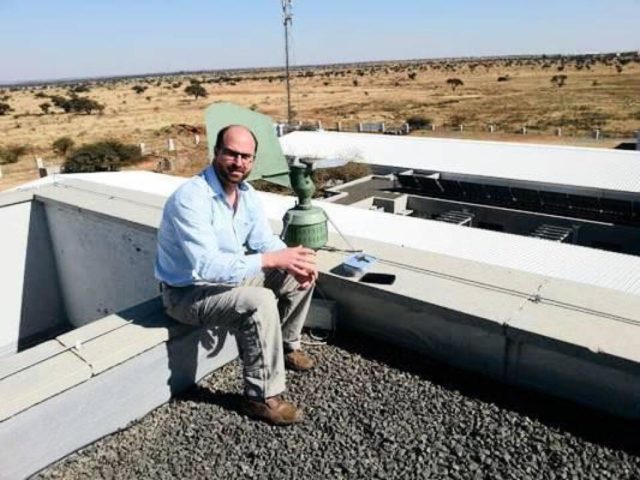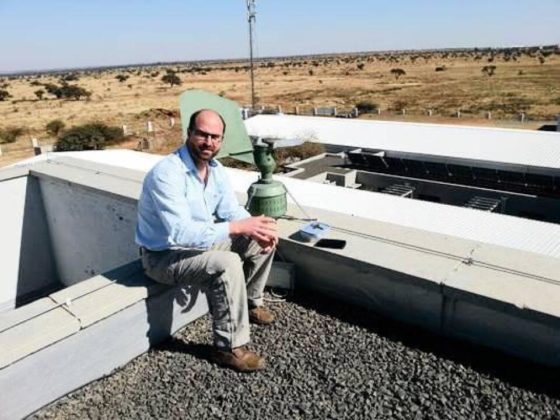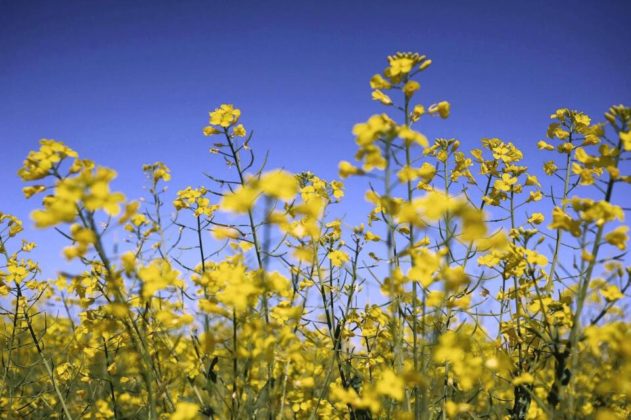For the first time hay fever sufferers in Kimberley will be able to access up-to-date pollen counts for the region.
HAY FEVER sufferers in Kimberley will for the first time be able to access up-to-date pollen counts for the region thanks to funding which has allowed the UCT Lung Institute to set up the city’s first pollen spore sampler.
Professor Jonny Peter, head of the UCT Lung Institute’s Allergy Unit, said yesterday that while there are numerous websites and apps that supposedly forecast pollen and fungal spores for the country, these counts are inaccurate and are often extrapolated from overseas data that has no bearing on SA.
While it’s been the responsibility of the UCT Lung Institute to monitor pollen in SA, funding has been a challenge.
“Certain provinces have been monitored sporadically in the past, but it came to a halt in the ‘90s. This year though, the record high pollen counts recorded in Europe and the US have fuelled a renewed interest in monitoring airborne allergens as they can pose a significant risk to human health,” Peter said.
He pointed out that climate change was having a dramatic impact on pollen production and the severity of seasons. “Factors such as rising temperatures and CO2 levels are driving up pollen levels globally, causing misery for millions of hay fever sufferers.
“As seasons worsen, it has become crucial for local scientists to keep a closer eye on pollen and other allergens in the air. Experts predict that pollen counts will quadruple in the next 20 to 30 years, making life unbearable for those with pollen sensitivities, and people who don’t normally suffer from hay fever may likely start to. Asthma attacks may also increase,” he stated.
Thus far pollen counts have been low in Kimberley, compared to other parts of the country, but with the threat of other allergic plants, such as ragweed (typically found in Europe) migrating southward, a significant increase in pollen levels could be seen in the future.
The financial backing provided by Clicks, Twinsaver, Thermo Fischer and A.Vogel Echinaforce has allowed the UCT Lung Institute to put up pollen spore samplers in seven of SA’s 10 biomes this year – a first for SA.
However, the funding comes to an end in 10 months and the institute is now calling on the public to donate towards its pollen monitoring efforts by way of a crowdfunding campaign that will help to make the programme more sustainable.
“Monitoring pollen on a more regular basis will help scientists to better understand the impact of global warming on pollen seasons in SA and how pollen is evolving in order to develop more effective treatments for local conditions,” he said.
To donate towards pollen monitoring, visit www.pollencount.co.za.
According to the latest pollen report on Kimberley, it is stated that tree and weed pollen levels were low but pine, willow, white stinkwood and mulberry pollen was detected. Low levels of chenopod or goosefoot, ferns and English plantain weed pollen was present. Grass pollen increased slightly and although the average count remained low, grass levels were moderate on some days. Mould levels were consistently low.










